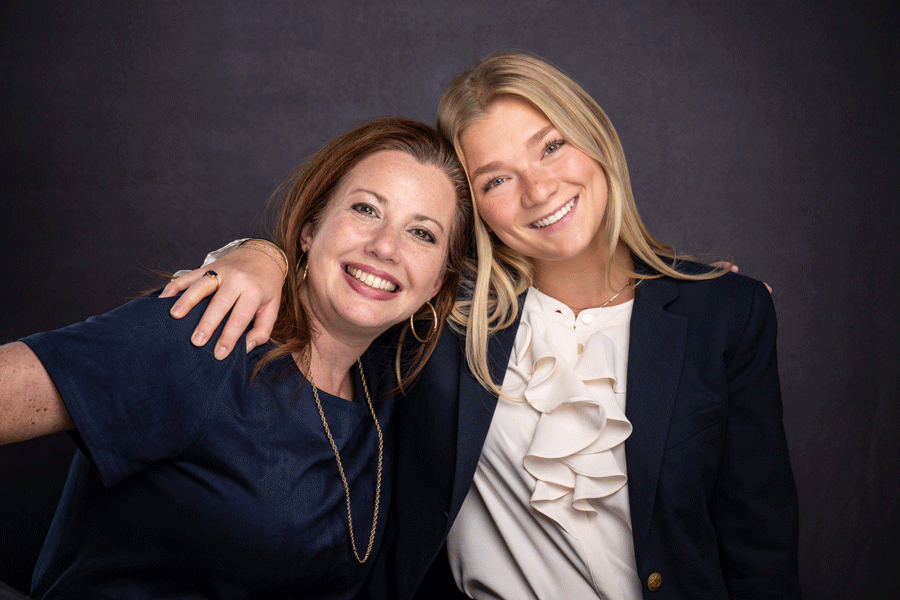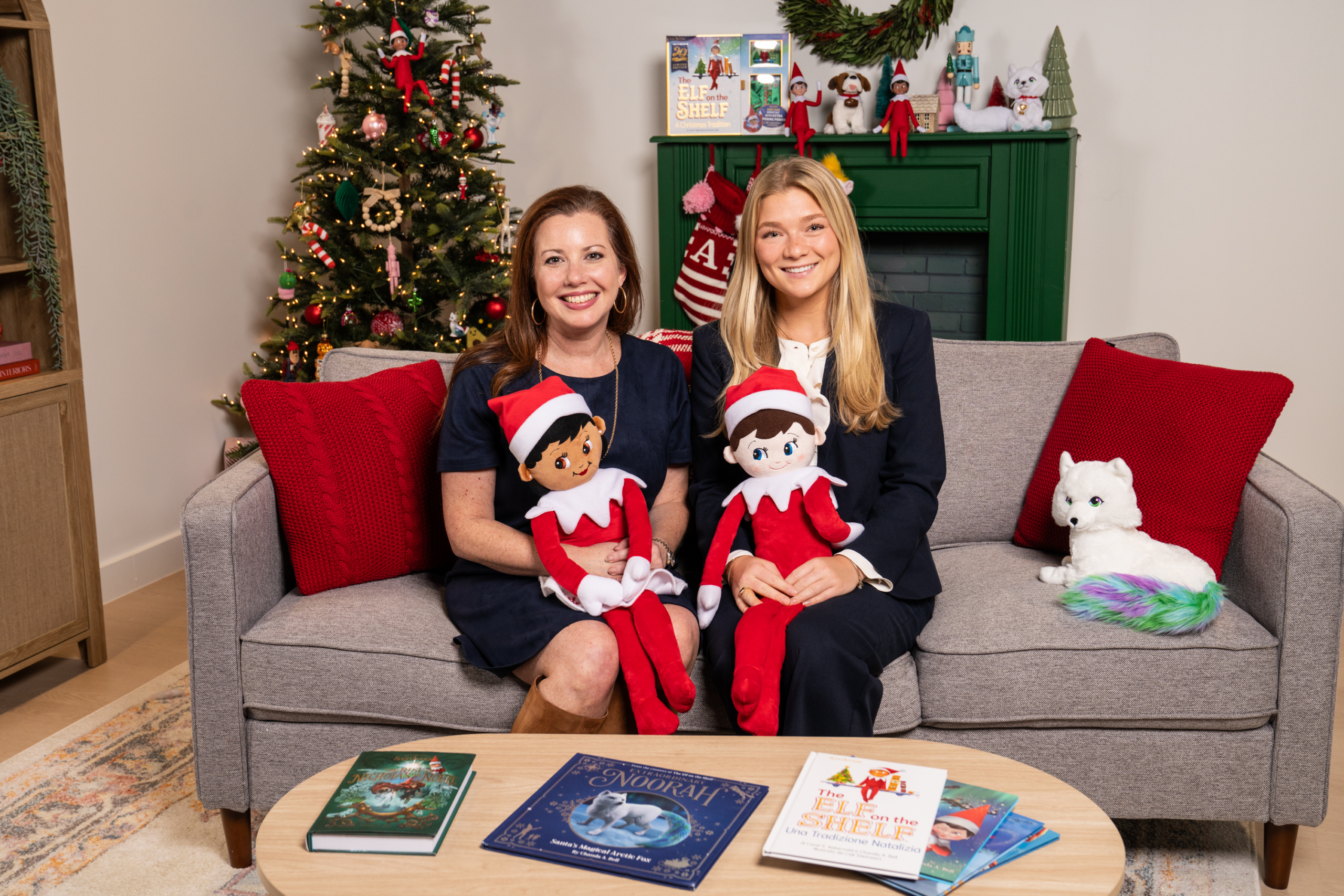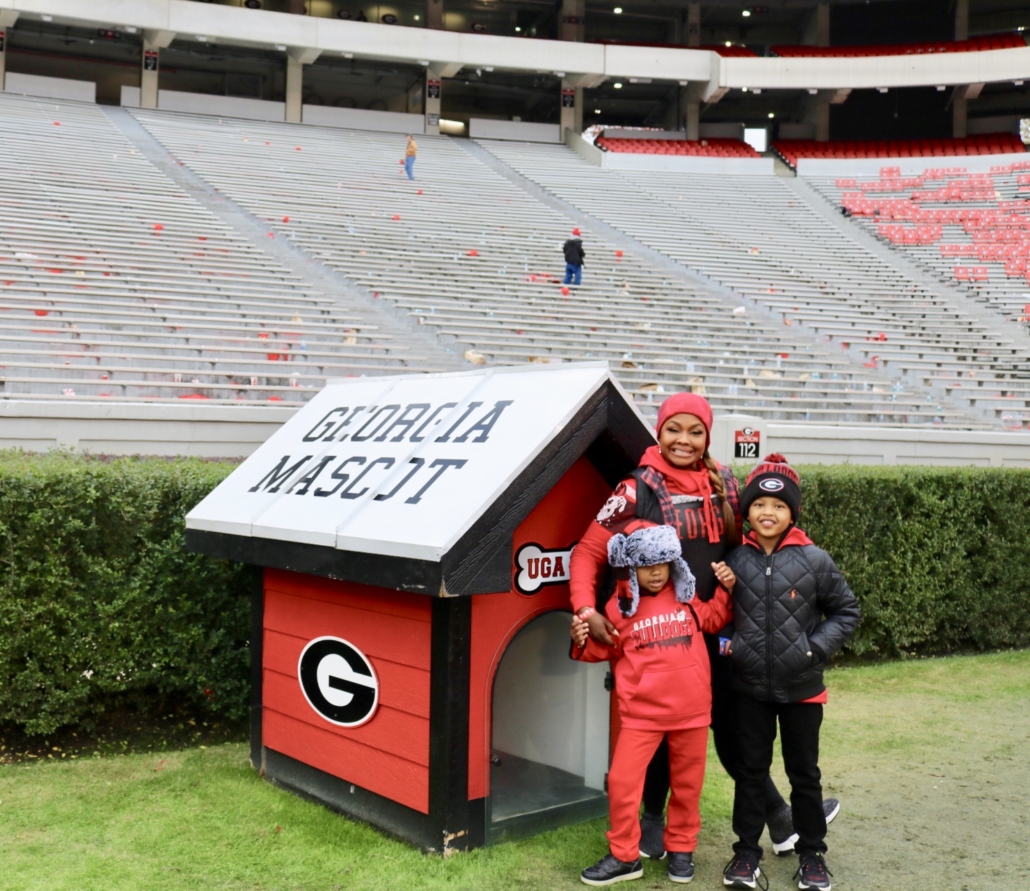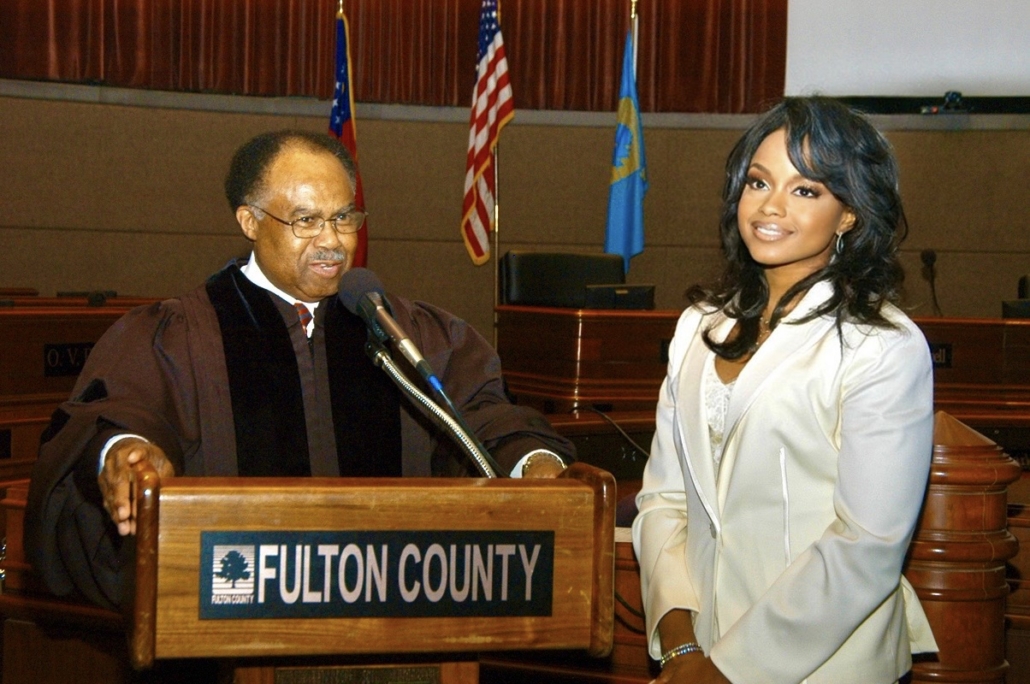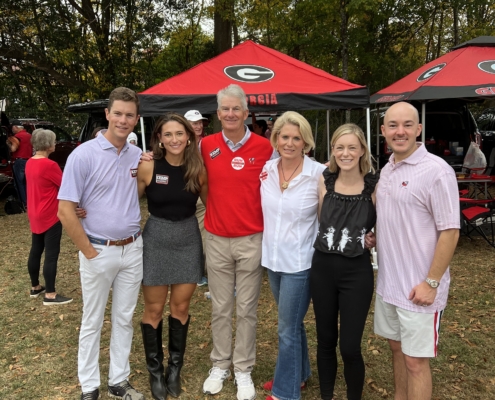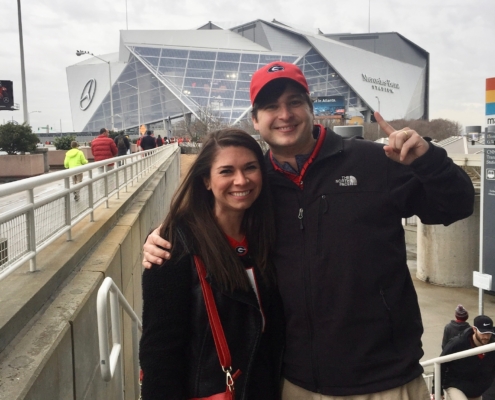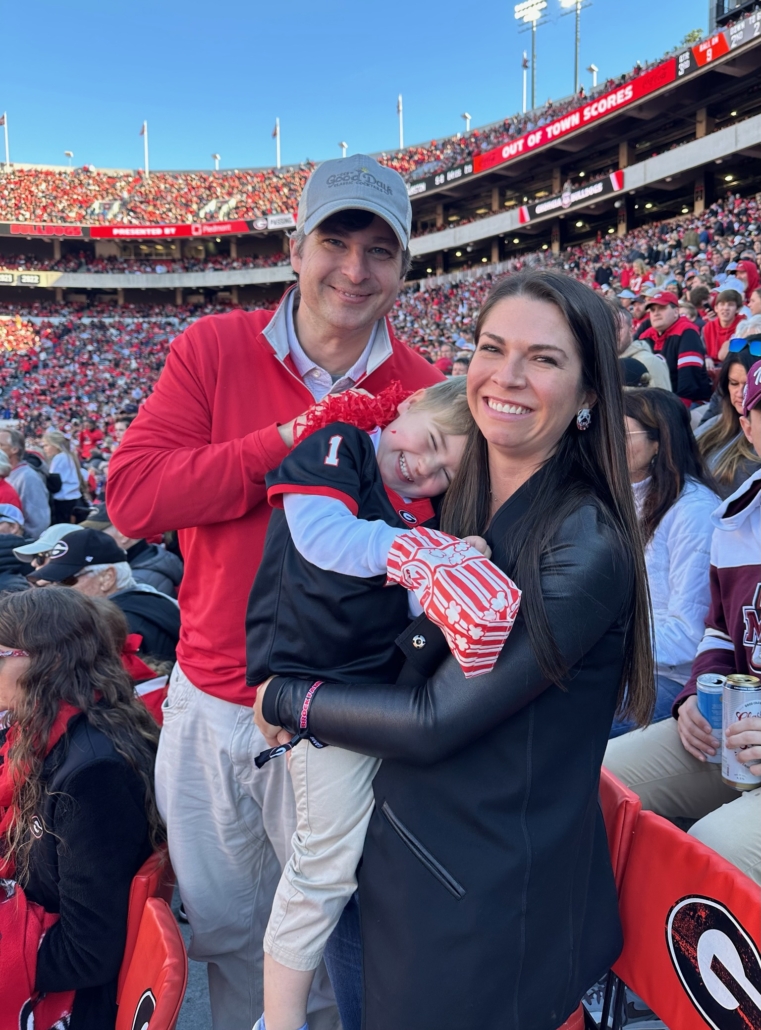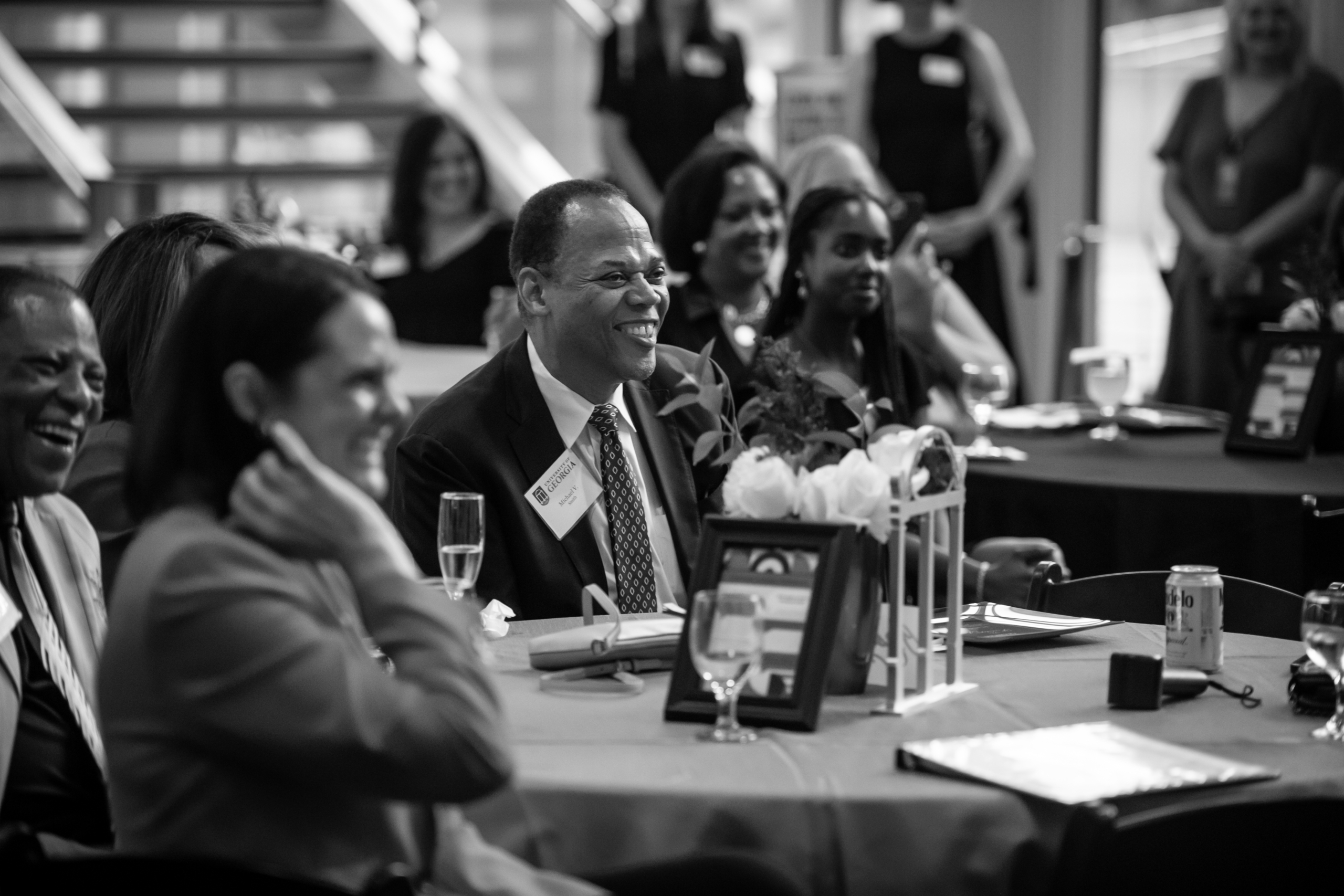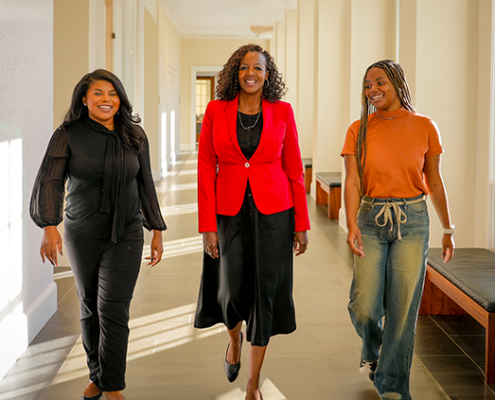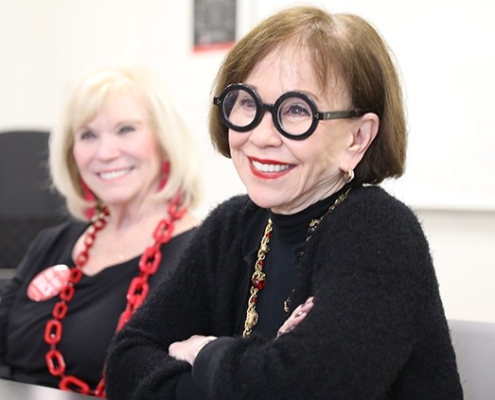Mentorship that builds futures
When Mong Vo ’26 first stepped onto the University of Georgia campus as a freshman, she was filled with curiosity and just a little uncertainty. With no immediate family members working in the corporate world, she wondered how to navigate the journey toward her dream career. Should she pursue research opportunities? Should she join a student organization? What were the steps she could take to get her where she wanted to go?
That’s when she discovered the UGA Mentor Program, which is designed to connect students with alumni and professionals who can provide guidance, encouragement and real-world perspective. Mong hoped it would help her understand the corporate world and give her direction. What she didn’t know then was that it would also lead her to a mentor who would change the trajectory of her career.
A mentor’s motivation to give back
Hayden Scarbrough (BSEE ’18), a proud UGA alumnus and lifelong Georgia Bulldogs fan, had already been involved with the UGA Mentor Program for several years when he met Mong. For him, mentoring was about more than just giving advice — it was about giving back to the university community that shaped him.
“I saw how mentoring was such an instrumental part of corporate culture,” Hayden explained. “I wanted to make sure I had my Dawgs’ backs as they transitioned into their careers.”
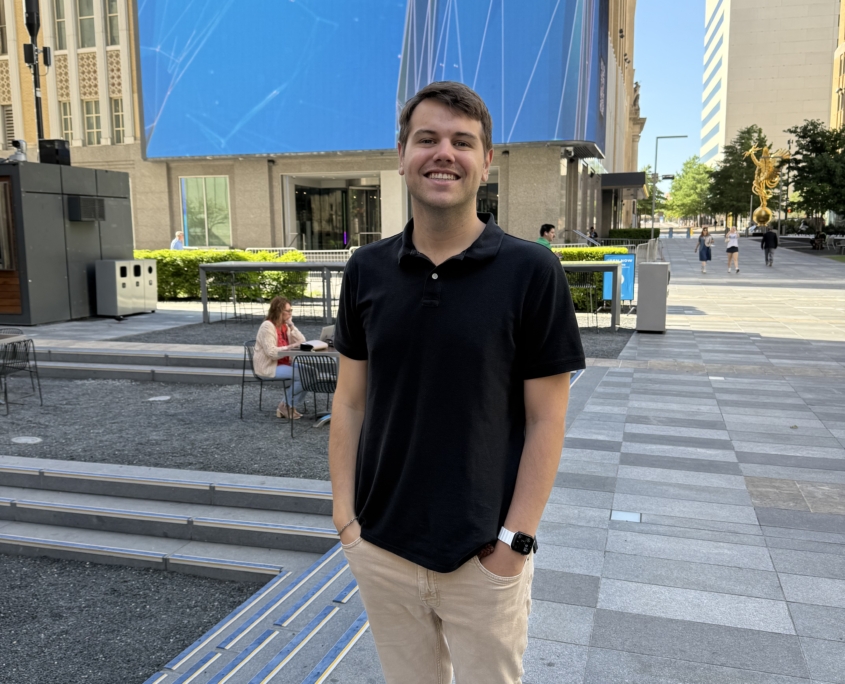
Hayden has been able to provide guidance and mentorship to Bulldog students through the UGA Mentor Program.
Opportunity awaits
Hayden helped Mong sort through the choices ahead — research versus corporate work and the many paths within computer science — offering perspective and encouragement.
With his guidance, Mong landed an internship at AT&T, one of UGA’s top 25 employers for 2024, which was a major milestone in her professional journey. During her internship, Hayden continued to mentor her, offering advice as she delivered presentations to executives, collaborated with teams, and navigated the corporate environment.
By the end of the program, Mong had earned a coveted full-time job offer with AT&T, giving her the security of knowing she would graduate with a career already in place.
“I’m so grateful,” Mong said. “The job market, especially for computer science degrees, has been really competitive. Having that offer gave me peace of mind for my last year of school.”

Mong, Hayden and team present their project with AT&T during Mong’s internship.
Lessons in networking
Beyond the internship and job offer, Mong says the most important lesson she learned from Hayden was the value of networking.
“Networking is the job,” Hayden told her. At first, Mong thought of networking as something useful but secondary. Through Hayden’s guidance, she came to understand that building relationships was central to success — not just for landing a job, but for finding opportunities within a company and connecting with people who genuinely want to see you succeed.
During her internship, Mong put that advice into practice, meeting colleagues across teams and even helping connect fellow interns to opportunities. “I love that feeling of being able to help other people through my network,” she said.
Hayden echoed the importance of networking, noting that it has been the most impactful advice he has received in his own career.
“Networking is what allows you to climb the ladder others have built for you,” he explained.
“Mong went from not knowing what she wanted to do to owning it,” Hayden said proudly of his mentee. “She took charge, excelled in her internship, and earned a full-time position. That’s not easy to do.”
“Once you find that one mentor you really click with, it can change the trajectory of your academic and career journey,” Mong said of her mentor.
Their story is a testament to how the UGA Mentor Program provides guidance, confidence and connections to students. For alumni, it offers the chance to give back and witness firsthand the impact of investing time in future Bulldogs.
Hayden encourages other alumni to get involved, reminding them that mentorship doesn’t require an executive title or hours of weekly commitment. “There’s always time to give back,” he said. “Any stage of your career can be beneficial for students. All perspectives are welcome.”
As Mong prepares to graduate with a full-time job secured, and Hayden continues to mentor future Bulldogs, their journey shows that mentorship is more than advice — it’s a bridge to opportunity, growth and lasting success.
Join the UGA Mentor Program today to make an impact on the next generation of Bulldog leaders and attend the Spring Career & Internship Fair to find the next step in your professional journey.
Attend the Spring Career & Internship Fair

